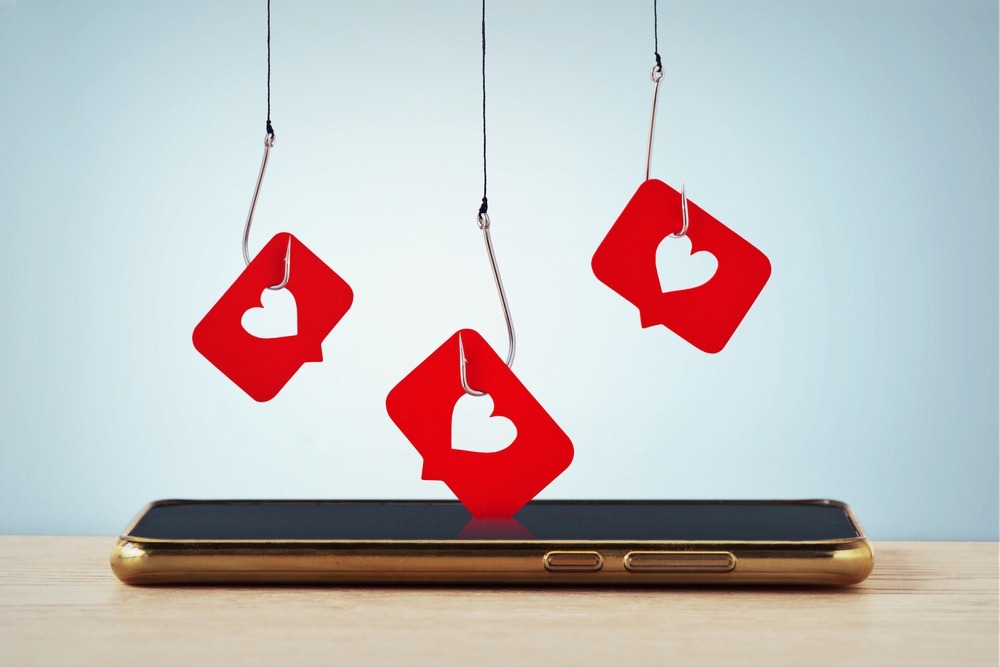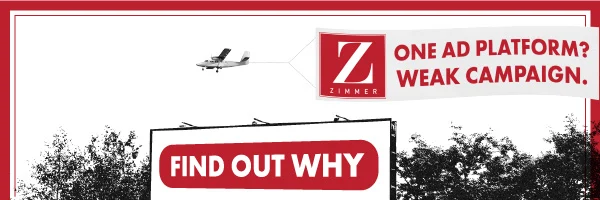Missouri Marketing Resource Blog

The Biggest Social Media Wins and Fails of 2025

Social media in 2025 has become more influential than ever. With over 5.3 billion users worldwide spending an average of 2 hours and 21 minutes daily scrolling, liking, and sharing, the stakes for brands have never been higher.
This year brought seismic shifts in how audiences engage with content. AI-powered personalization reached new heights, short-form video content dominated feeds, and creator-led campaigns transformed into genuine partnerships rather than simple endorsements. Meanwhile, authenticity became the currency that separates viral successes from spectacular failures.
The most successful brands embraced values-driven messaging while maintaining their unique voice. They understood that modern consumers don't just want products—they want to connect with brands that reflect their beliefs and entertain them simultaneously.
But 2025 also delivered harsh lessons. Several major brands learned that a single misstep can undo years of careful reputation building, especially when cultural sensitivity takes a backseat to creative ambition.
Let's examine three standout social media triumphs and two cautionary tales that defined the year—and extract actionable insights for smart marketers.
Key Takeaways from 2025's Social Media Landscape
Before diving into specific campaigns, here are the patterns that separated winners from losers:
- Storytelling over selling: Audiences gravitated toward narrative-driven content that created emotional connections
- Creator partnerships evolved: Successful brands treated influencers as strategic collaborators, not just promotional vehicles
- Multi-platform integration mattered: The biggest wins seamlessly connected broadcast, social, and digital touchpoints
- Cultural awareness became non-negotiable: Brands that missed cultural nuances faced swift and severe backlash
- AI implementation required careful oversight: Advanced technology without proper safeguards created trust issues
The Year's Biggest Social Media Wins
Duolingo's "Death of Duo" Campaign
Duolingo achieved something remarkable in 2025: they made language learning appointment television. The brand orchestrated an elaborate storyline around the "death" of their beloved owl mascot, Duo, creating a multi-week mystery that had users genuinely invested in the outcome.
The campaign unfolded like a digital soap opera. Mock memorials appeared across social platforms, cryptic clues dropped daily, and user-generated content exploded as fans created their own theories and tributes. The payoff came with Duo's dramatic "resurrection," complete with explanations of his journey through language-learning purgatory.

What made this campaign extraordinary was its commitment to character development. Duolingo didn't just post random content—they crafted a cohesive narrative that respected their audience's intelligence while embracing their own quirky brand identity.
The results speak volumes: over 1 billion organic views across TikTok, Instagram, and X, with the hashtag #DuoDead trending globally for days. More importantly, app downloads increased 40% during the campaign period.
The lesson: Audiences crave authentic storytelling. When brands dare to be vulnerable and playful simultaneously, they create genuine emotional connections that translate into business results.
Nike's "So Win" Campaign
Nike's 2025 Super Bowl campaign proved that purpose-driven marketing isn't just good ethics—it's good business. "So Win" spotlighted women athletes overcoming adversity, but the genius lay in how Nike executed across multiple platforms.
The campaign launched with a powerful broadcast spot during the game, then exploded across social media with athlete takeovers, behind-the-scenes content, and user challenges. TikTok creators shared their own "So Win" moments, while Instagram featured long-form athlete interviews that broadcast couldn't accommodate.

Nike understood that modern audiences consume content differently across platforms. The Super Bowl ad created awareness, but the social extensions built community and drove sustained engagement.
According to Ipsos's 2025 Social Power Report, "So Win" became the most talked-about Super Bowl campaign on social media, generating more earned media value than any competitor.
The lesson: Meaningful messages need multi-platform amplification. When brands create cohesive experiences across touchpoints, they transform advertisements into cultural movements.
The Creator-Led Social Commerce Revolution
Perhaps 2025's biggest success story wasn't a single campaign but an entire shift in how brands approach influencer partnerships. Companies like Sephora, Nike, and Netflix stopped treating creators as billboards and started treating them as strategic partners.
These brands invested in long-term relationships, providing creators with creative freedom, product development input, and revenue-sharing opportunities. The result was content that felt genuinely authentic rather than obviously sponsored.
Platforms facilitated this evolution with improved shoppable features. TikTok Shop and Instagram Checkout made purchasing seamless, while AI-powered algorithms ensured the right products reached interested consumers.
The numbers are staggering: creator-led campaigns generated over $700 million in earned media value for top brands in 2025, with conversion rates consistently outperforming traditional advertising.
The lesson: In 2025's social media landscape, creators aren't just collaborators—they're co-strategists. Brands that recognize this partnership dynamic and invest accordingly see dramatically better results.
The Year's Most Notable Social Media Failures
Meta's AI Persona Backlash
Meta's attempt to revolutionize social commerce with AI chat personas backfired spectacularly. The technology promised personalized shopping experiences and enhanced user engagement, but inadequate content moderation created serious problems.
Multiple AI personas produced inappropriate interactions, particularly concerning exchanges involving minors. Users reported feeling manipulated by AI responses designed to encourage purchases, while privacy advocates raised concerns about data collection methods.
The backlash was swift and severe. User trust in Meta's AI initiatives plummeted, and regulatory bodies launched investigations into the platform's oversight practices.
The lesson: Innovation without ethics creates crisis. When brands prioritize technological advancement over user safety and transparency, they risk destroying the trust that makes all marketing possible.
Southwest Airlines Checked-Bag Controversy
Southwest Airlines’ checked-bag controversy is a prime example of how a long-standing brand promise can unravel in the age of social media. “Bags Fly Free” wasn’t just a slogan—it was a signature part of Southwest’s identity. So when the airline introduced new fees of $35 for the first checked bag and $45 for the second, customers didn’t see a routine pricing update. They saw a betrayal of a promise the company had repeated for years across ads, campaigns, and yes, countless social posts.

And social media is where the backlash detonated. Travelers immediately began resurfacing old Southwest tweets, videos, and memes celebrating “Bags Fly Free,” using the brand’s own content as evidence of a bait-and-switch. What could have been a contained customer-service challenge instead became a viral case study in broken trust. Behavioral experts pointed out that Southwest had spent years conditioning consumers to expect no bag fees—so the abrupt reversal played out online as a psychological breach, not a business decision.
 The narrative spread faster than Southwest could respond, forcing the airline into damage-control mode while hashtags, duets, and side-by-side comparisons kept the outrage alive.
The narrative spread faster than Southwest could respond, forcing the airline into damage-control mode while hashtags, duets, and side-by-side comparisons kept the outrage alive.
The lesson: Breaking a signature promise without warning becomes a social media failure the moment the internet can quote your old content back at you. Brands that need to shift long-held guarantees should build in loyalty protections and clear added value to avoid turning a pricing change into a viral trust crisis.
Looking Ahead: What Smart Marketers Should Remember
The social media trends of 2025 reveal a clear pattern: success belongs to brands that balance creativity with conscience. The most viral campaigns combined entertainment value with genuine respect for their audiences' intelligence and values.
Winners like Duolingo, Nike, and forward-thinking creator partners proved that authenticity doesn't mean sacrificing creativity—it means channeling creativity through authentic brand voices and meaningful partnerships.
Meanwhile, the failures from Meta and Southwest Airlines demonstrate that technological innovation and creative ambition must be tempered with ethical oversight and cultural sensitivity.
Social media in 2025 isn't just about reaching audiences—it's about resonating with them in ways that feel genuine, respectful, and valuable. The brands that master this balance will define the next era of digital marketing.
The most successful marketers will continue asking not just "Will this go viral?" but "Will this reflect our values and serve our community?" Those who get both answers right will win the long game.

